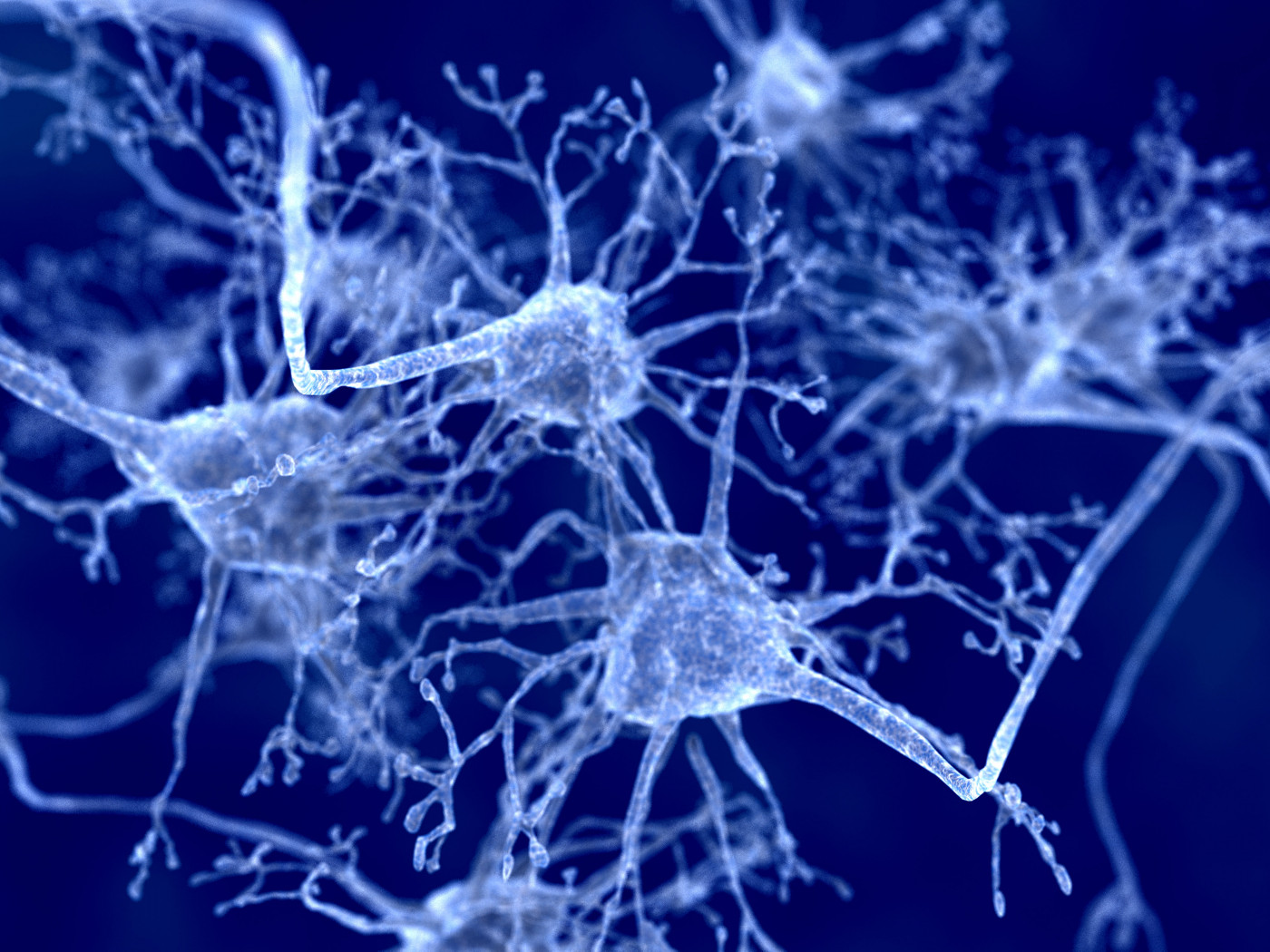Immune Cells’ Ability to Clear Myelin Debris Is Potential Therapeutic Approach for MS, Mouse Study Shows
Written by |

Oral administration of trehalose — a sugar molecule found in plants and fungi and reported to have neuroprotective effects — eased symptoms and halted disease progression in a mouse model of multiple sclerosis (MS).
These benefits were associated with a restoration of the ability of microglia (the brain’s immune cells) to break down and clear cellular and molecular debris, including myelin, an ability known to be gradually lost with age.
The findings suggest that accumulation of the brain’s cellular waste over time may contribute to MS progression and that boosting microglia-associated myelin clearance may be a new therapeutic approach for MS.
Data were reported in the study, “Microglial autophagy–associated phagocytosis is essential for recovery from neuroinflammation,” published in the journal Science Immunology.
“The plant and fungi-derived sugar Trehalose restores the functional breakdown of myelin residues, stops the progression and leads to recovery from MS-like disease,” Rasmus Berglund, the study’s first author and a PhD student at the Karolinska Institutet, in Sweden, said in a press release.
“By enhancing this process we hope one day to be able to treat and prevent age-related aspects of neuroinflammatory conditions,” Berglund said.
Microglia, the brain’s own immune cells, normally protect the body from harmful invaders, such as bacteria, by engulfing (eating) them. This ability also is used to break down the remains of dead and damaged cells, which is essential for maintaining balance in the central nervous system (the brain and spinal cord).
Microglia’s ability to clear cellular debris in the brain “diminishes with age, and age strongly associates with MS disease progression, although the underlying mechanisms are still largely elusive,” the researchers wrote.
Deficient autophagy — an intracellular pathway by which cells break down unwanted proteins, organelles, and other components — has been reported in age-associated neurodegenerative diseases, such as Alzheimer’s, and inflammatory diseases including Crohn’s and lupus.
However, whether MS patients have impaired autophagy and whether it contributes to MS progression remains unclear.
Notably, a previous study established a link between the Atg7 gene — involved in autophagy — and disease severity in a mouse model with MS-like autoimmunity called the experimental autoimmune encephalomyelitis (EAE) model.
Now, researchers at Karolinska Institutet clarified this association by showing that microglia’s ability to process myelin debris is dependent on Atg7 and that boosting this capacity halted disease progression in the EAE mouse model.
The researchers first found that microglia-specific deletion of the Atg7 gene in these mice resulted in an impaired ability of microglia to break down myelin residues, which built up inside these cells, and an inability to recover from MS-like disease.
Further analysis showed that Atg7 deletion in microglia promoted changes in gene activity previously associated with neurodegenerative diseases, suggesting these may contribute to disease progression in MS.
In addition, aged mice with MS-like disease had a similar disease severity and course to that of mice with Atg7-deficient microglia. Furthermore, microglia from either of them showed functional and gene activity similarities.
The team next assessed the effects of oral administration of trehalose in aged mice with MS-like disease. Trehalose is a natural sugar present in most organisms (except vertebrates) and shown to have neuroprotective properties likely associated with a promotion of autophagy.
Trehalose treatment restored microglia’s ability to clear myelin debris and reduced the levels of inflammatory molecules and disease-associated microglia states, ultimately resulting in lower disease severity and disease remission in these mice.
Such treatment had no effect in young mice with MS-like disease or those with Atg7-deficient microglia, highlighting the contribution of age and Atg7-dependent debris clearance.
“We herein demonstrate that a … form of autophagy in microglia is responsible for myelin degradation and clearance and that impairment of this pathway, which occurs during aging, contributes to the progression of MS-like disease,” the researchers wrote.
Since increasing age is an important risk factor of progressive disease in MS patients, these findings may help to better understand the impact of age in MS course and identify new potential therapeutic targets and approaches for progressive MS.
The research team believes this autophagy pathway may be a promising therapeutic target for age-associated neuroinflammatory diseases, including MS, and that boosting microglia-associated debris clearance may offer therapeutic benefits.
Still, further studies are needed to confirm the findings in humans and to evaluate the potential effects of such an approach.

